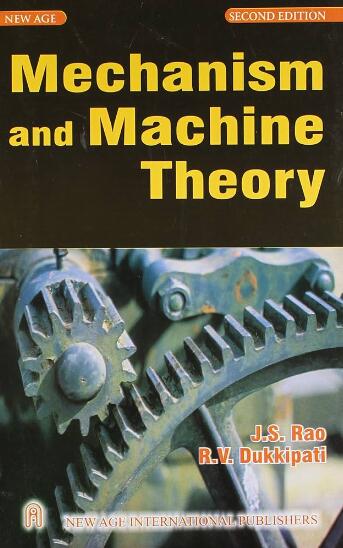Experimental and numerical analyses of grid couplings in quasi-static and dynamic conditions
IF 4.5
1区 工程技术
Q1 ENGINEERING, MECHANICAL
引用次数: 0
Abstract
Grid couplings typically comprise flexible, spring-like elements connecting two toothed hubs. They are used in heavy machinery to transmit power from prime movers to driven parts, even in the presence of positioning errors and deviations. The main objective of this paper is to introduce a comprehensive three-dimensional model, which can be used to predict coupling stiffness characteristics and load distributions at the spring/hub tooth contacts. The modelling principles are presented with emphasis being placed on the spring/hub contact simulation based on a combination of finite elements and Winkler elastic foundations. A series of comparisons with experimental evidence from a specific test rig are shown, which prove the validity of the model and its applicability to industrial couplings.
准静态和动态条件下网格耦合的实验和数值分析
栅格联轴器通常由连接两个齿形轮毂的柔性弹簧元件组成。它们用于重型机械中,将动力从原动机传输到从动部件,即使存在定位误差和偏差。本文的主要目的是介绍一个全面的三维模型,该模型可用于预测弹簧/轮毂齿接触处的联轴器刚度特性和载荷分布。本文介绍了建模原理,重点是基于有限元和温克勒弹性基础组合的弹簧/轮毂接触模拟。一系列与特定测试台实验证据的比较结果证明了该模型的有效性及其对工业联轴器的适用性。
本文章由计算机程序翻译,如有差异,请以英文原文为准。
求助全文
约1分钟内获得全文
求助全文
来源期刊

Mechanism and Machine Theory
工程技术-工程:机械
CiteScore
9.90
自引率
23.10%
发文量
450
审稿时长
20 days
期刊介绍:
Mechanism and Machine Theory provides a medium of communication between engineers and scientists engaged in research and development within the fields of knowledge embraced by IFToMM, the International Federation for the Promotion of Mechanism and Machine Science, therefore affiliated with IFToMM as its official research journal.
The main topics are:
Design Theory and Methodology;
Haptics and Human-Machine-Interfaces;
Robotics, Mechatronics and Micro-Machines;
Mechanisms, Mechanical Transmissions and Machines;
Kinematics, Dynamics, and Control of Mechanical Systems;
Applications to Bioengineering and Molecular Chemistry
 求助内容:
求助内容: 应助结果提醒方式:
应助结果提醒方式:


